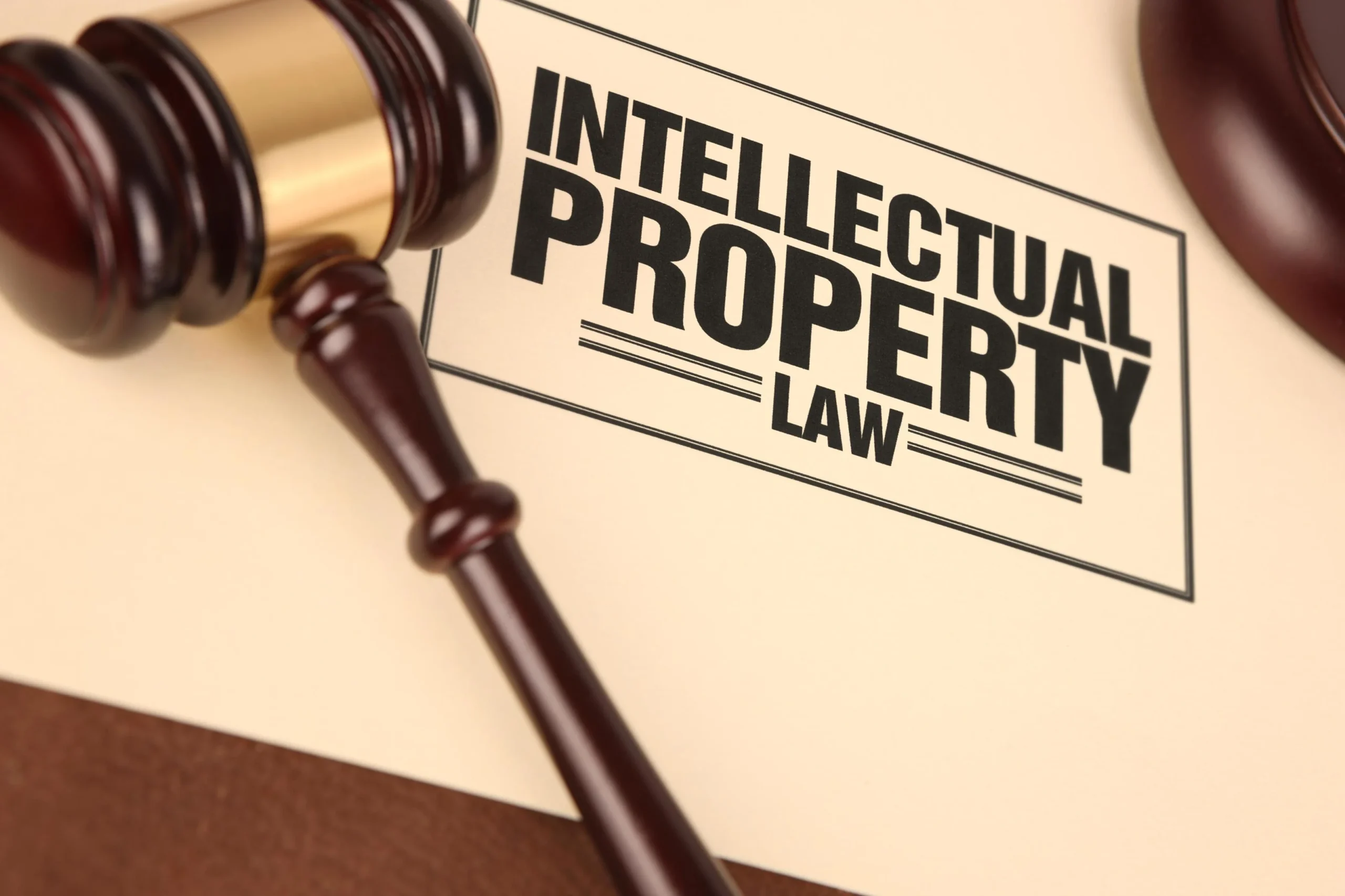In the world of intellectual property, the terms “copyright” and “trademark” are often used interchangeably—but they serve very different purposes. Understanding these differences is essential for businesses, creators, and entrepreneurs operating in the UAE. Whether you’re publishing original content, developing software, building a brand, or launching a product, knowing which type of legal protection applies could be the difference between ownership and exposure.
The UAE has developed a strong legal framework to protect both copyrights and trademarks under separate federal laws. While both are crucial, choosing the right one—or both—depends on what you’re trying to protect.
This guide breaks down the differences, explains how UAE law treats each, and helps you decide which route is best for your specific needs.
What Is Copyright?
Copyright protects original creative works. This includes content like:
- Books and articles
- Music and lyrics
- Software code
- Films and videos
- Art and photography
- Marketing materials
Copyright protection is automatic upon the creation of an original work. However, formal registration through the UAE Ministry of Economy offers additional enforcement tools and proof of ownership.
Key Features of Copyright:
- Protects expression, not ideas
- Automatically applies to original works
- Duration: Lifetime of the creator + 50 years (in most cases)
- Allows owner to reproduce, distribute, perform, or license the work
- Covers both published and unpublished content
In the UAE, copyright is governed by Federal Decree-Law No. 38 of 2021 on Copyright and Neighboring Rights.
What Is a Trademark?
A trademark protects signs that identify the source of goods or services. This includes:
- Brand names
- Logos and symbols
- Taglines or slogans
- Product packaging
- Unique graphic elements
Trademark protection must be registered to be enforceable in the UAE. Once approved, the mark gives the owner exclusive rights to use it for designated classes of goods or services.
Key Features of Trademarks:
- Protects identifiers, not products
- Requires registration with the UAE Ministry of Economy
- Duration: 10 years, renewable indefinitely
- Enables owners to block others from using similar marks in commerce
Trademarks are governed by Federal Decree-Law No. 36 of 2021 on Trademarks.
What’s the Difference Between the Two?
| Feature | Copyright | Trademark |
| What it protects | Original creative work | Source-identifying signs and branding |
| How it’s acquired | Automatic upon creation | Requires registration |
| Duration | Life of the author + 50 years | 10 years (renewable indefinitely) |
| Scope | Artistic, literary, musical, software | Brand names, logos, slogans |
| Purpose | Protects authorship | Prevents brand confusion |
| Registration body | Ministry of Economy | Ministry of Economy |
| Use in commerce | Not required | Required to establish brand recognition |
Which One Do You Need?
This depends on what you’re trying to protect.
If you’re a content creator…
You’ll want copyright protection for your original work—whether it’s an article, video, or song. This applies to influencers, artists, musicians, bloggers, and software developers.
If you’re building a business…
You need trademark protection for your brand identity: the name, logo, or slogan that customers associate with your products or services. Trademarks are critical to long-term brand recognition and commercial credibility.
If you’re both…
Many businesses and creators need both types of protection. For instance, a film studio needs:
- Copyright for the script, film, and soundtrack
- Trademarks for the production company name and logo
Similarly, a tech company might need:
- Copyright for the software code
- Trademarks for the app name and visual identity
Why This Matters in the UAE Business Landscape
The UAE is a regional hub for innovation, branding, and digital content creation. Businesses that invest in intellectual property protection enjoy major advantages:
- Legal recourse in case of infringement
- Greater brand trust and market value
- Competitive edge for franchising, licensing, and expansion
- Better protection in cross-border trade and e-commerce
Failing to register or document your IP leaves you vulnerable to copycats, disputes, and legal confusion—especially in a market as fast-paced as the UAE.
How to Register Copyright in the UAE
While copyright exists automatically, registering it adds a layer of legal strength. To register a copyright:
- Visit the Ministry of Economy’s online portal
- Submit an application with:
- Copy of the work
- Author’s ID
- Description of the work
- Pay the applicable fee (starting around AED 100–1,000)
- Receive a certificate of registration within weeks
How to Register a Trademark in the UAE
Trademark registration is more formal and essential to protection. The steps include:
- Conduct a trademark search to avoid conflicts
- Submit an application via the Ministry of Economy portal
- Pay the application fee (around AED 750+ per class)
- Wait for review, publication, and opposition period
- If unopposed, receive a certificate of registration
Trademarks must be renewed every 10 years to remain in force.
Real-World Example: Coffee Shop Startup
Imagine you open a coffee shop in Abu Dhabi called “BeanGlow.”
- You create a unique logo, write a mission statement, and develop marketing materials—these are covered by copyright.
- You want to protect your brand name, logo, and tagline from being copied by others in the food industry—these require trademark registration.
Without registering “BeanGlow” as a trademark, someone else could launch a similar cafe with the same name, and you may struggle to stop them.
Conclusion: Don’t Leave Your IP Unprotected
Copyright and trademark protection are not just legal formalities—they are business fundamentals. In the UAE, where the market is diverse, sophisticated, and competitive, securing your intellectual property rights early can protect your hard work, support long-term growth, and reduce legal risk.
Whether you’re launching a startup, publishing creative content, or expanding into new markets, knowing the difference between copyright and trademark protection is essential to owning your brand—and your future.






